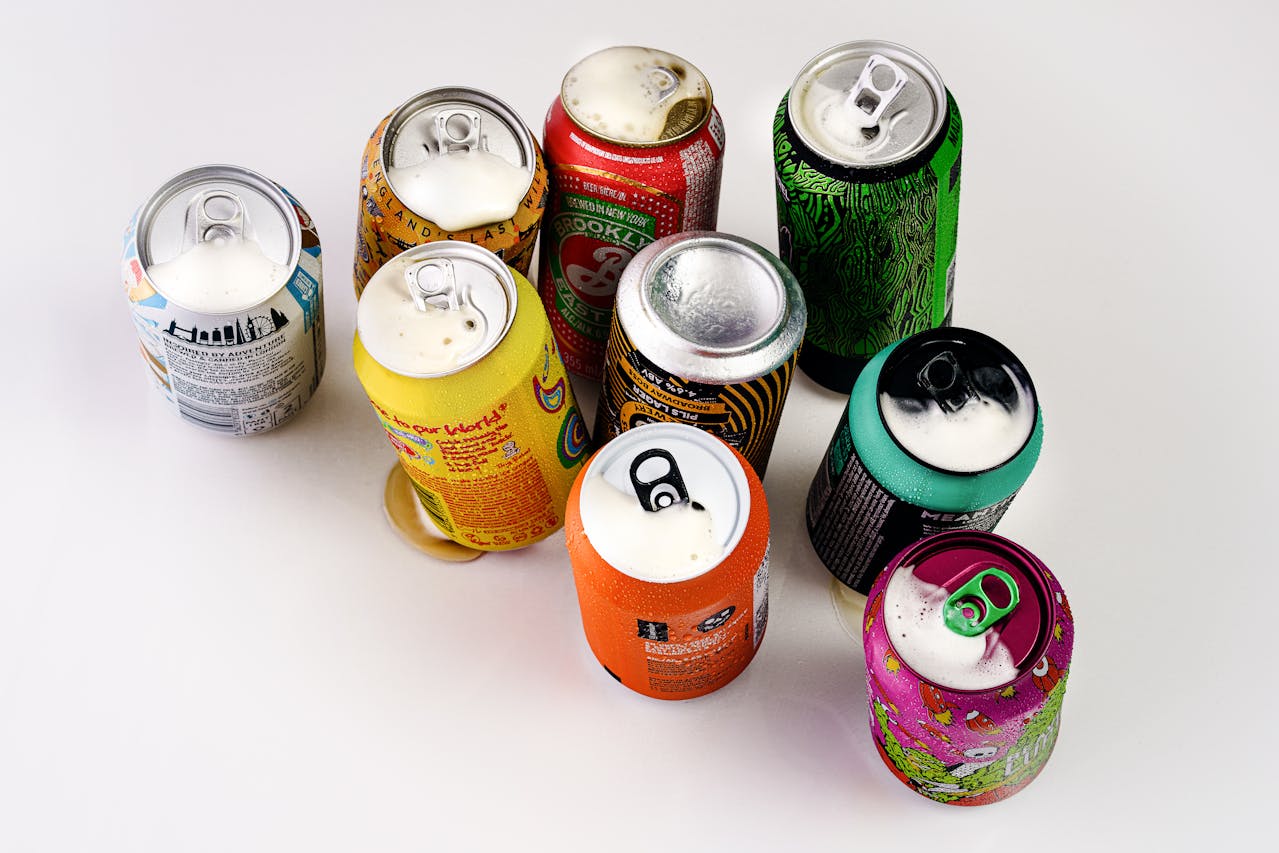A new study has uncovered a significant link between consuming sugar-sweetened carbonated beverages (SSCBs) and an increased risk of depression, offering a fresh perspective on how our dietary choices could be affecting our mental health. The research, which tracked over 87,000 Koreans over time, reveals a clear and concerning pattern: the more sugary drinks people consume, the higher their risk of developing depressive symptoms.
A Dose-Dependent Relationship
The study is one of the first to show a strong, dose-dependent relationship between SSCB consumption and depression. This means that as the intake of sugary drinks increases, so does the risk of depression. Importantly, this link was observed across both genders and regardless of individuals’ metabolic health, such as obesity or diabetes, which are often associated with high sugar intake.
“We found that the association between sugary drinks and depression is independent of common metabolic issues like obesity and insulin resistance,” the researchers noted. This suggests that even people who are otherwise metabolically healthy could still be at risk if they consume large amounts of sugary drinks.
Previous Studies and New Insights
While earlier studies had hinted at a connection between sugary drinks and depression, they were mostly cross-sectional, meaning they only provided a snapshot in time and couldn’t prove a cause-and-effect relationship. Some even suggested that people with depression might simply crave sugary drinks more, rather than the drinks causing the depression. However, this new longitudinal study, which followed participants over a longer period, offers more substantial evidence that sugary drinks could indeed be a contributing factor to depression.
Interestingly, previous research in other countries has shown similar trends. For example, in Australia, people who drank more than half a liter of soft drinks daily were found to have a 60% higher risk of depression or other mental health problems compared to those who didn’t consume these beverages. Similarly, studies in China and the United States have reported that higher sugary drink consumption is associated with a greater likelihood of experiencing depressive symptoms.
However, not all studies have found this connection. Some research, especially in Western populations, failed to establish a consistent link between sugary drink intake and depression, possibly due to differences in study design or population characteristics. This inconsistency makes the new findings even more significant, as they offer clearer evidence of the risks associated with sugary drink consumption.
Why Are Sugary Drinks Harmful to Mental Health?
The exact reasons why sugary drinks might lead to depression aren’t fully understood, but there are several plausible explanations. One theory is that the high sugar content in these drinks could disrupt the brain’s neurobiological systems. For instance, studies in animals have shown that consuming large amounts of sugar, particularly fructose, can lead to anxiety and depression-like behaviors.
Another possibility is that sugary drinks could contribute to chronic inflammation and insulin resistance, both of which have been linked to the development of depression. Additionally, the gut microbiome, which plays a crucial role in mental health, could be negatively affected by high sugar intake, leading to changes in mood and behavior.
A Call to Action
One particularly striking aspect of the study is that it focused on relatively young adults, with an average age of around 39. This suggests that the negative effects of sugary drink consumption on mental health can begin early, potentially laying the groundwork for more severe issues later in life.
Given these findings, the researchers suggest that reducing or eliminating sugary drinks from your diet, especially at a young age, could be an important step toward protecting your mental health. As the prevalence of depression continues to rise globally, especially among younger populations, these results serve as a timely reminder of the far-reaching impacts of what we consume daily.
In a world where sugary drinks are marketed aggressively and consumed widely, this study provides compelling evidence that we need to reconsider their place in our diets—not just for our physical health, but for our mental well-being as well.
Citation(s):
Park, S.K., Chung, Y., Chang, Y. et al. Longitudinal analysis for the risk of depression according to the consumption of sugar-sweetened carbonated beverage in non-diabetic and diabetic population. Sci Rep 13, 12901 (2023). https://doi.org/10.1038/s41598-023-40194-6



